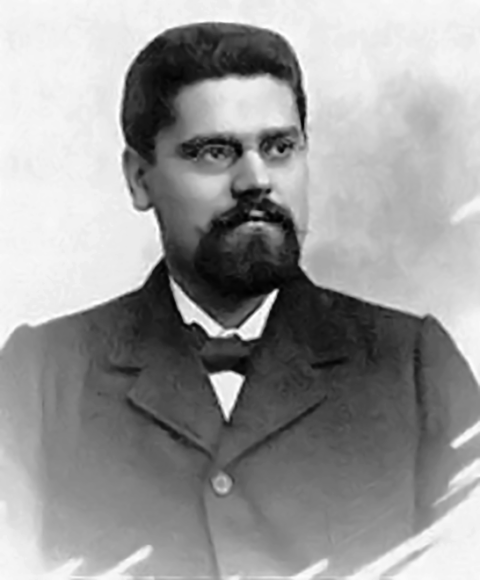toldinstone
Published 28 Nov 2020You’ve heard about Hagia Sophia‘s famous dome. But what about the miraculous column, the Viking graffiti, and the portrait of Byzantium’s worst emperor?
For more on Roman art and architecture, check out my book Naked Statues, Fat Gladiators, and War Elephants: Frequently Asked Questions about the Ancient Greeks and Romans.
https://www.amazon.com/Naked-Statues-…
If you’re so inclined, you can follow me elsewhere on the web:
https://www.patreon.com/toldinstone
https://www.reddit.com/r/AskHistorian…
https://www.instagram.com/toldinstone/
https://www.goodreads.com/author/show…Chapters:
0:00 Introduction
0:49 Justinian and his church
2:55 Construction of Hagia Sophia
4:11 Exterior
4:49 Exonarthex
5:14 Narthex
5:51 Vestibule of the Warriors
6:36 Imperial Gate
7:53 The Nave and Dome
10:37 Omphalos
11:12 Apse Mosaics
12:00 Column capitals
12:25 Weeping Column
13:07 Galleries
13:42 Gates of Heaven and Hell
14:01 Deësis mosaic
14:29 Tomb of Dandolo
15:14 Imperial mosaics of the South Gallery
17:28 Nordic runes
17:50 Alexander mosaic
18:26 ConclusionThanks for watching!
November 29, 2021
A Historical Tour of Hagia Sophia
Why was the Roman Legionary’s equipment so good?
Epimetheus
Published 3 Nov 2019Arms & Armor of the Imperial Roman Legionary
The Ancient Roman legionary’s clothing, arms, armor, and equipment (Top 10 items) mini-documentary
#Legionary #documentary #RomeThis video is sponsored by my patrons on Patreon
https://www.patreon.com/Epimetheus1776
From the comments:
Epimetheus
1 year ago (edited)Check Out my video on Republican Roman Infantry:
https://youtu.be/APuh6rokd_wAdditional info/and sources
Rounded metric Conversion for units mentioned:
Typical March: 20-30 miles(32-48 km) in a day
Training march distance and load: 22 miles = 35 km, 45 pounds = 20 kg
Full campaign max carried load per Legionary: 65-100 lbs = 27-45 kgsOne thing I wrote in the script, recorded and edited out by accident was that … when a Roman Legionary was dishonorably discharged (thrown out of the legion for bad behavior) his belt was confiscated by the legion which did not want him to be associated with the Roman State.
Sources:
Roman Military Clothing by Graham Sumner
Greece and Rome at War by Peter Connolly
Roman Legionary by Ross Cowan
The Legionary by Peter Connolly
The Gladius (The Roman short sword) by MC Bishop
Warfare in the Classical World by John Warry
Caesar’s Legions by Sekunda, Northwood and SimkinsMisspelled Inches as inces and Cohort as Chohort
QotD: The law
Here one comes upon an all-important English trait: the respect for constitutionalism and legality, the belief in “the law” as something above the State and above the individual, something which is cruel and stupid, of course, but at any rate incorruptible.
It is not that anyone imagines the law to be just. Everyone knows that there is one law for the rich and another for the poor. But no one accepts the implications of this, everyone takes it for granted that the law, such as it is, will be respected, and feels a sense of outrage when it is not. Remarks like “They can’t run me in; I haven’t done anything wrong”, or “They can’t do that; it’s against the law”, are part of the atmosphere of England. The professed enemies of society have this feeling as strongly as anyone else. One sees it in prison-books like Wilfred Macartney’s Walls Have Mouths or Jim Phelan’s Jail Journey, in the solemn idiocies that take place at the trials of Conscientious Objectors, in letters to the papers from eminent Marxist professors, pointing out that this or that is a “miscarriage of British justice”. Everyone believes in his heart that the law can be, ought to be, and, on the whole, will be impartially administered. The totalitarian idea that there is no such thing as law, there is only power, has never taken root. Even the intelligentsia have only accepted it in theory.
George Orwell, “The Lion And The Unicorn: Socialism and the English Genius”, 1941-02-19.






